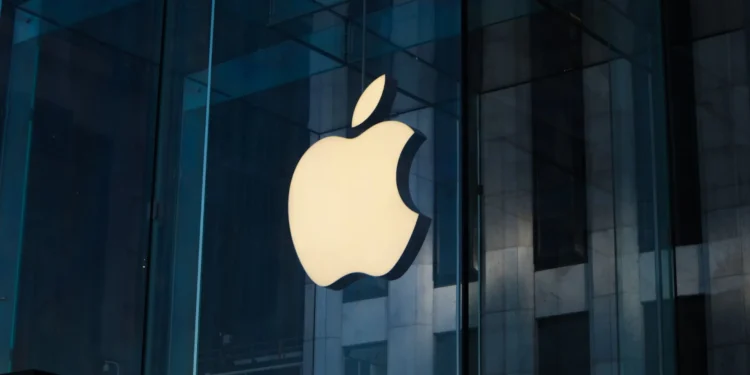Brussels (Brussels Morning) – The EU Commission designates Apple’s iPadOS as a gatekeeper under the Digital Markets Act, giving Apple six months to ensure compliance. This follows investigations into Apple’s market dominance and adherence to DMA obligations.
The EU Commission has designated Apple concerning iPadOS, its operating system for tablets, as a gatekeeper under the Digital Markets Act. Apple currently has six months to assure full adherence of iPadOS with the DMA obligations.
According to the Commission Press, On 5 September 2023, the EU Commission designated Apple as a gatekeeper for its operating system iOS, its browser Safari and its App Store. On that exact day, the Commission extended a market investigation to evaluate whether Apple’s iPadOS, despite not completing the quantitative thresholds laid down in the DMA, constitutes an essential gateway for business users to reach end users and thus should be designated as a gatekeeper.
What criteria did the EU Commission use to designate iPadOS as a gatekeeper?
The European Commission’s investigation uncovered that Apple presents the features of a gatekeeper concerning iPadOS, among others: Apple’s business user numbers surpassed the quantitative threshold elevenfold, while its end user numbers were near the threshold and are predicted to rise shortly; End users are locked-in to iPadOS. Apple leverages its extensive ecosystem to disincentivise end users from changing to other operating systems for tablets; Business users are locked into iPadOS because of its extensive and commercially attractive user base, and its significance for certain use cases, such as gaming apps.
On the basis of the conclusions of the investigation, the Commission concluded that iPadOS constitutes a significant gateway for business users to reach end users and that Apple enjoys an entrenched and durable position for iPadOS.
What is the purpose of the Digital Markets Act (DMA) in the EU?
The DMA strives to ensure contestable and fair markets in the digital sector. It handles gatekeepers, which are large digital platforms that deliver an important gateway between business users and consumers, whose function can grant them the power to create a bottleneck in the digital economy.
For today’s decision, the EU Commission had a best-endeavour deadline of 12 months to complete the market investigation based on qualitative standards, which is the first and so far only of its kind extended under the DMA rules.
Which companies were designated as gatekeepers by the EU Commission?
Alphabet, Amazon, Apple, ByteDance, Meta and Microsoft, the six gatekeepers designated by the EU Commission on 5 September 2023, had to fully concede with all DMA obligations by 7 March 2024. The EU Commission has been evaluating the compliance reports setting out gatekeepers’ adherence measures, and collecting feedback from stakeholders, including in the context of workshops.
On 25 March 2024, the Commission extended non-compliance investigations into Alphabet’s rules on driving in Google Play and self-preferencing on Google Search, Apple’s controls on steering in the App Store and the choice screen for Safari, and Meta’s “pay or consent model”. The Commission reported additional investigatory steps to gather particulars and information concerning Amazon’s self-preferencing and Apple’s alternative app allocation and new business model.
On 1 March 2024, the Commission acquired notifications from Booking, ByteDance and X about their services potentially fulfilling the DMA thresholds, which could indicate they should be subject to the new EU regulations on gatekeeper platforms. The EU Commission will take a conclusion on these notifications within 45 working days, i.e., by 13 May 2024 at the latest.




